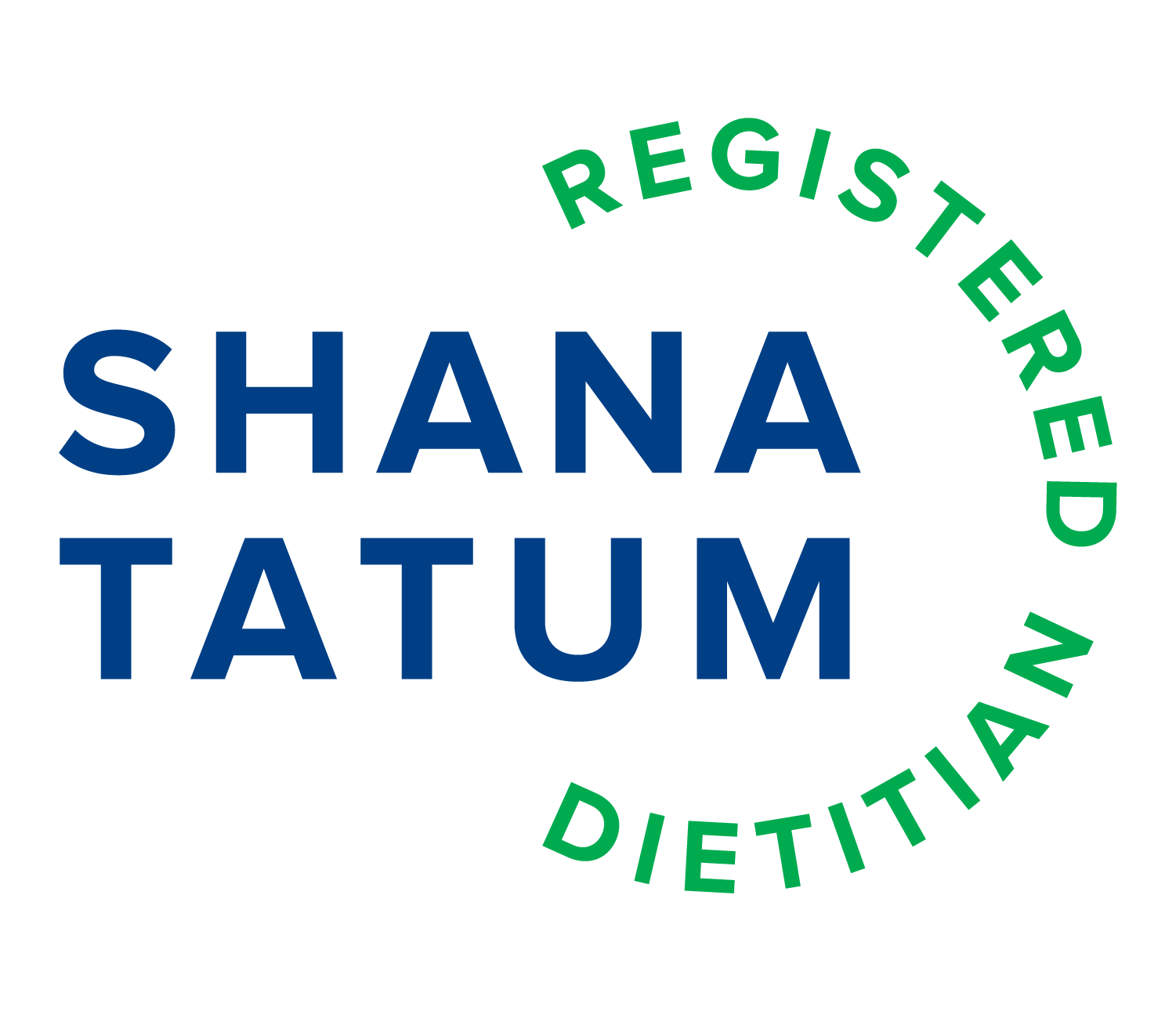The Ketogenic Diet
You can count on the diet and fitness influencers and celebrities to persuade consumers that they aren’t healthy unless they are consuming the most recent superfood or diet they are promoting. Oftentimes it is pricey or not based on much scientific data. The ketogenic diet could possibly fall into this category if not followed correctly.
There are many versions of the ketogenic diet. The classic therapeutic ketogenic diet was researched for treatment of pediatric epilepsy by Dr. Russell Wilder at the Mayo Clinic in 1922. He proposed that the benefits of fasting could be seen if a state of ketosis were achieved through diet. While it proved quite effective, its popularity waned with the introduction of effective anticonvulsant medications. At the same time in Germany, Dr. Otto Warburg was doing research using ketogenic diets for certain cancers demonstrating that cancer could be a disease metabolic imbalance and not only one of genetic damage.
A ketogenic diet is described as one that is high in fat, moderate in protein and low in carbohydrates. It is designed to help the body shift to burn fat as the primary fuel instead of only glucose for energy. We are an amazing hybrid machine that can run on two fuel sources - glucose and fats. The fat from the diet or from body stores is converted in the liver into ketones. Ketones act as energy when glucose is in short supply. In people with good metabolic health, these are normally made at night while we fast.
Ketone strips or meters can be used to measure the urine or blood levels of ketone bodies. If you are following this strict diet, these tools can be helpful to ensure adherence and guide your selections.
A ketogenic diet can be particularly helpful for those suffering from neurodegenerative disorders or cognitive impairment such as epilepsy, seizures and dementia. It also has demonstrated good efficacy for people with type 2 diabetes and prediabetes. When glucose regulation is imbalanced, restoring insulin sensitivity is improved through a ketogenic diet. With 66% of the American population prediabetic or diabetic, it can be a valuable tool to reduce insulin resistance.
There are different types of ketogenic diets that vary the amount of macronutrients, meaning fat, protein, and carbohydrates.
Classic Ketogenic Diet
Usually we think of the ratio as four parts fat to one part protein and carbohydrate. This translates to about 90% of calories from fat and 7% from protein with the remaining 3% of calories in carbohydrates. This is a challenging plan and one needs the guidance of a healthcare professional to ensure adequate nutrition is met. It is primarily used as a therapeutic diet for the neurodegenerative conditions.
Moderate or Modified Atkins Ketogenic Diet
This plan allows more carbohydrates and protein in the amounts of total calories as 70% fat, 25% protein and 5% carbohydrate. This can also be a challenging plan to follow considering the Standard American Diet (SAD) is generally 60-65% of total calories as carbohydrates.
For either plan, fats are consumed in the form of monounsaturated and polyunsaturated fats to reduce insulin and inflammation. Examples of monounsaturated fats include avocados, olives and cooking oils from both. In addition nuts and seeds as well as their butters, fish and seafood, pastured and grass fed animals, and algae.
While the keto diet has been shown in some research to improve microbial health, other studies demonstrate a negative effect. As carbohydrates are reduced, this usually means a lower fiber intake. Fiber is needed for healthy microorganism balance in the intestinal tract. While I find many of my patients have an imbalance in this area and are encouraged to increase intake of fiber, it can make the ketogenic diet difficult to sustain.
A ketogenic diet may be contraindicated for anyone with an eating disorder due to its restrictive nature, people with kidney stones, type one diabetes and in pregnancy. Use caution with hypothyroidism as the protein content in the diet is important for healthy gland function.
With your healthcare provider, you can create an optimal food plan with the ketogenic diet, just remember it is not a free hall pass to eat double bacon cheeseburgers from the local diner every day!
Resources to learn more about a ketogenic diet can be found here:
www.dietdoctor.com
www.drboz.com

